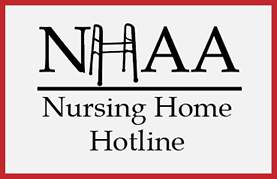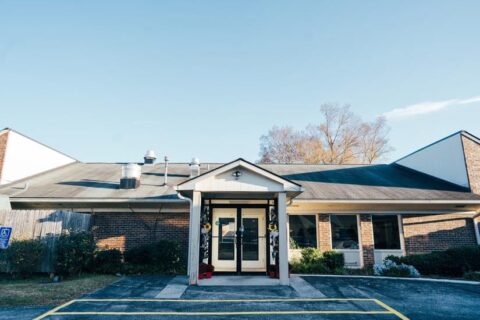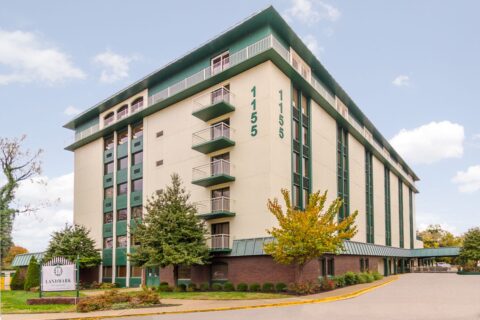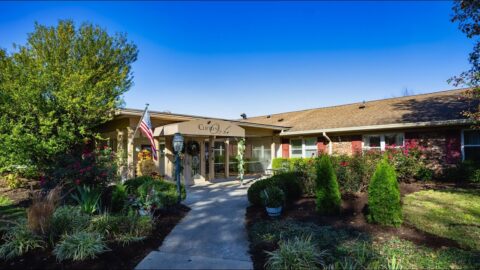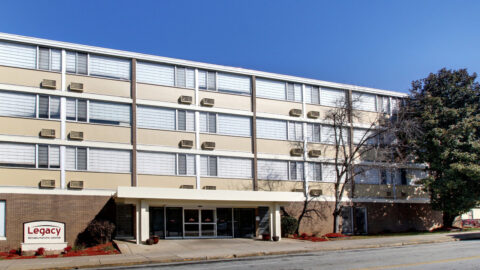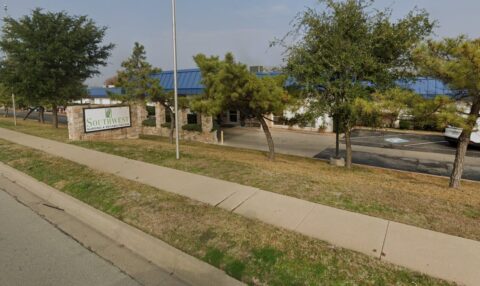Medication Errors in Nursing Homes
In The News:
Chicago, IL- Medication errors are among the most common medical mistakes the elderly encounter in long-term care facilities. For an elderly person who is already dealing with poor health or medical conditions a medication error can adversely affect their health and can lead to their death.
A recent investigative report by NBC Chicago highlighted the story of Joseph Brown who died from gastrointestinal cancer. Brown was a resident of The Renaissance Park South nursing home in Roseland—he was placed in the home in 2005 after he suffered a heart attack and a stroke.
After Brown was diagnosed with the gastrointestinal cancer in 2007 doctor placed on a medication—Gleevac—which he responded well to and his condition appeared to be improving. But his health began to decline and Browns’ family discovered the facility had not given him his cancer drug in almost a year and failed to take him to the oncologist for regular check-ups. By the time the error was discovered, Brown’s cancer has spread and it was too late; he died in 2010.
Brown’s story is a more extreme case but it does serve as an example of the grave consequences and medication error can have for a resident of a nursing home.
According to data from Medicaid, 68 percent of residents in nursing homes take an average of nine medications daily. Thirty-two percent take an average of 20 prescription medications daily. With such a large
Common causes of medication errors:
Misidentification: Medications in nursing homes are typically distributed by a professional nurse of medical technician who is certified to deliver medications. Medications are distributed to a large number of patients at one time so it is critical that whoever is distributing those medications checks the patient’s ID bracelet. When they fail to do so, a patient can receive medication that causes adverse side effects or interactions with other drugs a resident takes
Incorrect Dosage: This occurs when a nurse gives an inaccurate dose to a resident. This can lead to health problems down the road if the nursing home resident doesn’t receive the right dosage. Incorrect dosage typically occurs because of miscommunication between doctors, nurses and staff members. Under staffing at nursing homes can also cause the nurse of staff member who is administering medications to become distracted.
Regardless of why the medication error is made, it can have devastating consequences for the patient and can cause them injury and in the worst case lead to their death.
Consequences for medical errors:
- Falls and fractures
- Malnutrition
- Dehydration
- Incontinence
- Delirium
- Behavior problems
When you have entrusted the care of you loved one to a long-term care facility you expect they will be cared for properly. But too many families learn, sometimes too late, that not all long-term care facilities give adequate care or are capable of properly administering medications. If you or a loved one has been injured or harmed because of abuse or negligence in a long-term care facility, a nursing home abuse attorney can help you seek compensation for your pain and suffering.
Contact NHAA today for more information regarding a nursing home abuse and neglect attorney.
Your Experience Matters
...and we want to hear it.
NHAA is here to assist families, residents, and the community by sounding the alarm on issues like those found above. This nursing home and many others across the country are cited for abuse and neglect.
If you have or had a loved one living in this nursing home or any other nursing home where you suspect any form of abuse or neglect, contact us immediately.
We have helped many already and we can help you and your loved one as well by filing a state complaint, hiring a specialized nursing home attorney or helping you find a more suitable location for your loved one.
You can make a difference, even if your loved one has already passed away.
Please give us a call at 1-800-645-5262 or fill out our form detailing your experience.
Personal Note from NHA-Advocates
NHAA shares with all the families of loved ones who are confined to nursing homes the pain and anguish of putting them in the care of someone else. We expect our loved ones to be treated with dignity and honor in the homes we place them. We cannot emphasize enough to family members of nursing home residents; frequent visits are essential to our loved ones’ well-being and safety.
If you are struggling and upset, click here to understand your options, or contact us through our contact form or call our toll free hot line number: 1-800-645-5262.
